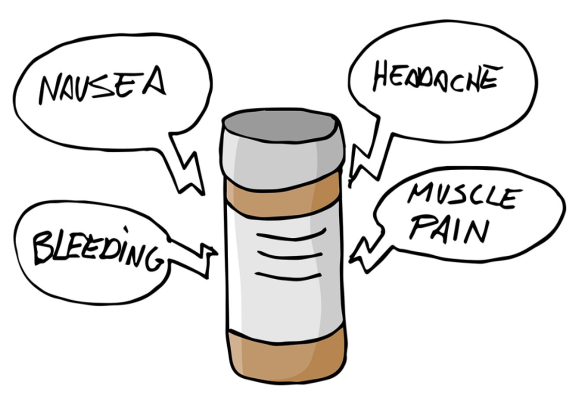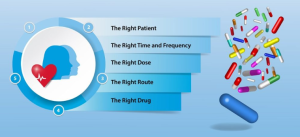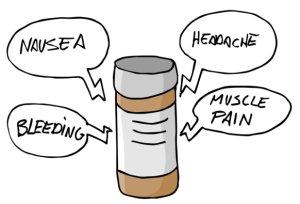There are many reasons why we may need to take medication, such as for preventing or treating illness. As medication can also be dangerous in certain circumstances, it is important to take it correctly to avoid harm.
Forms of medication administration
There are a number of ways in which medication can be administered; for example, you are probably most familiar with swallowable pills and injections. Other methods include buccal administration, during which medicines are held inside the cheek for rapid absorption.
The optimal method for administration is dependent on several factors, including the formulation of the drug, the treatment area, and how the medication works when it is inside the body. The administration of medication therefore requires professionals to understand how each medication moves throughout the body; how to handle, store and dispose of medication; and whether there are any potential side effects that may be experienced after taking medication.
Medication administration training
Many forms of medication can only be administered in a professional healthcare setting by a person who has received the appropriate level of training to do so safely.
Healthcare providers who are responsible for the administration of medication will be aware of the ‘five rights’, which are patient, drug, time, dose, and route. This ensures the right patient receives the right dose of the right medication at the right time and via the most suitable method.
An article published in the BMJ highlights that more than 237 million medication mistakes occur in England each year.
It is imperative that every person involved with the administration of medication has a thorough understanding of the relevant regulations and legislation, best practice guidelines, techniques, and more. It can be hugely beneficial to attend a medication administration course from a reputable provider such as tidaltraining.co.uk/health-and-social-care-courses/safe-handling-medication-training..
When administered correctly, the right medication should provide favourable outcomes for patients with minimal side effects. It is possible for adverse effects to happen with any medication, which is why trained administration professionals recognise how to identify and address any potential issues quickly to minimise further problems.





